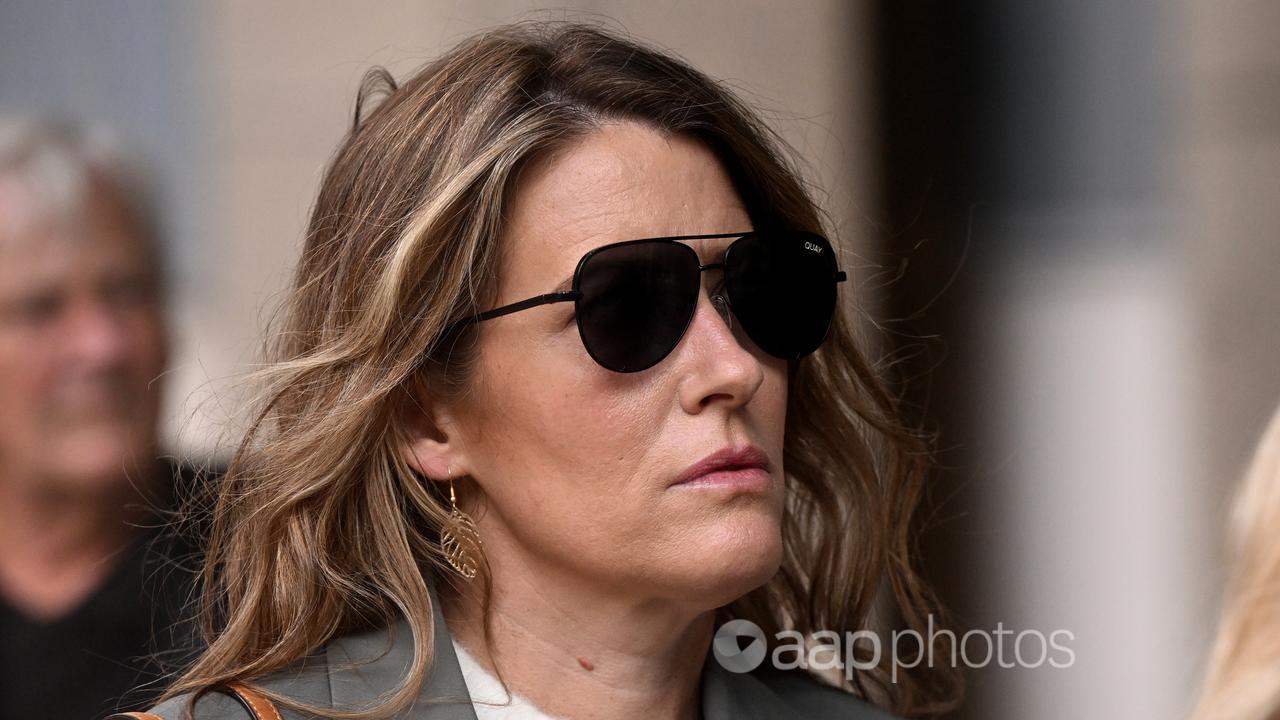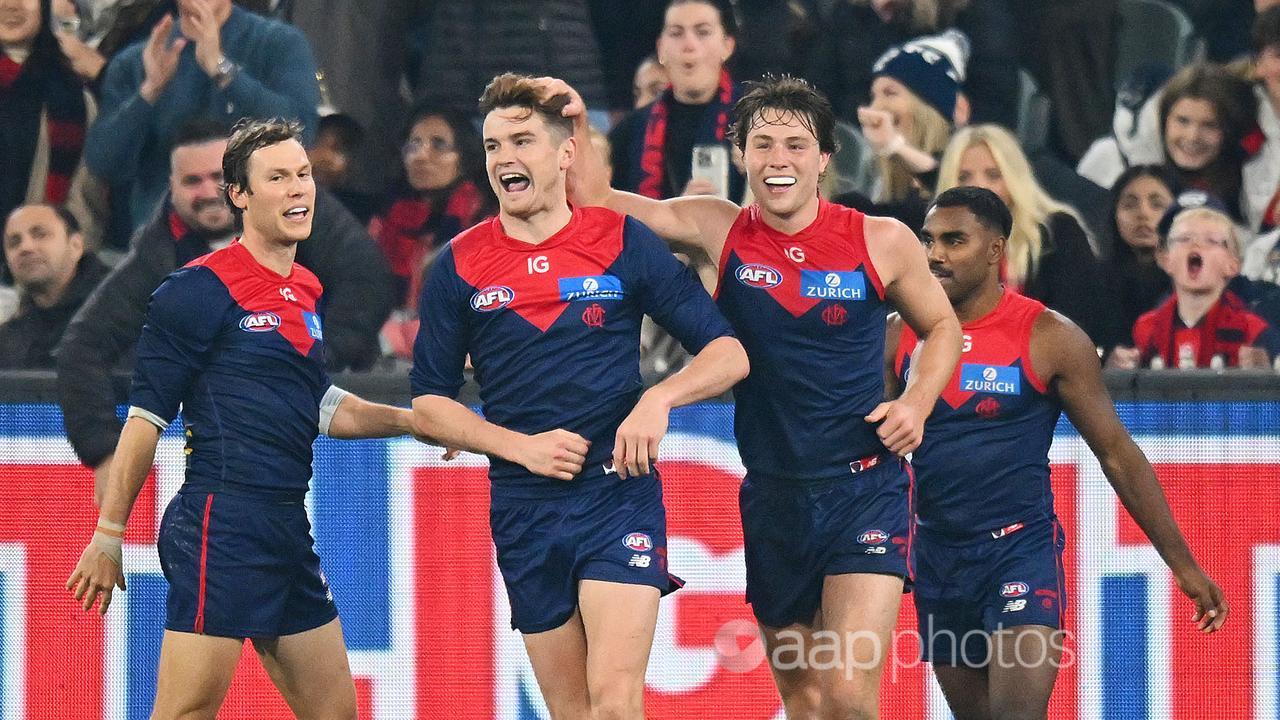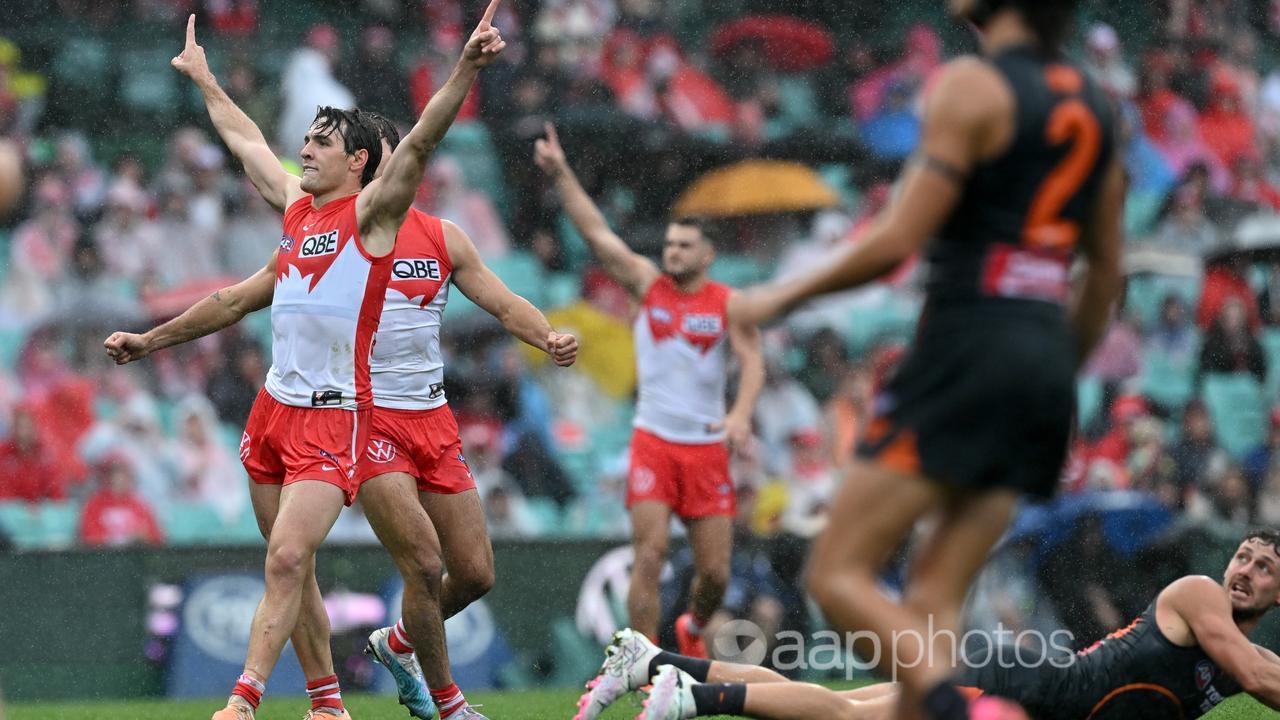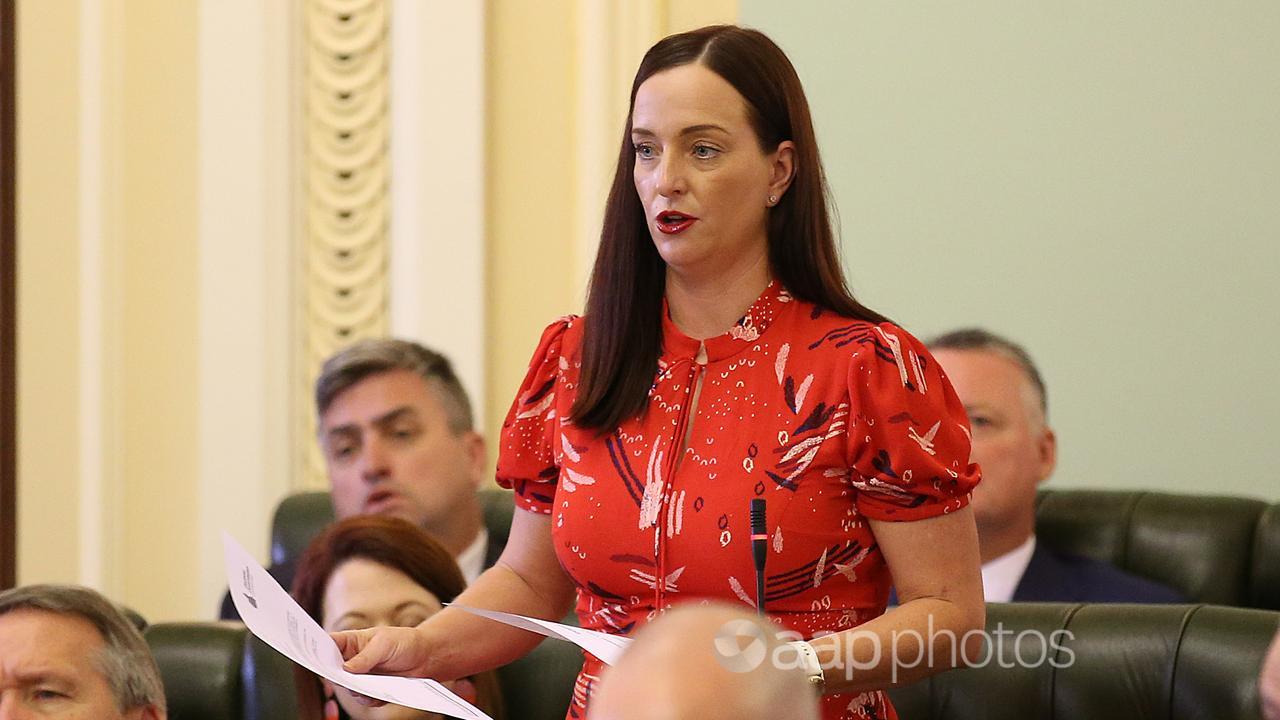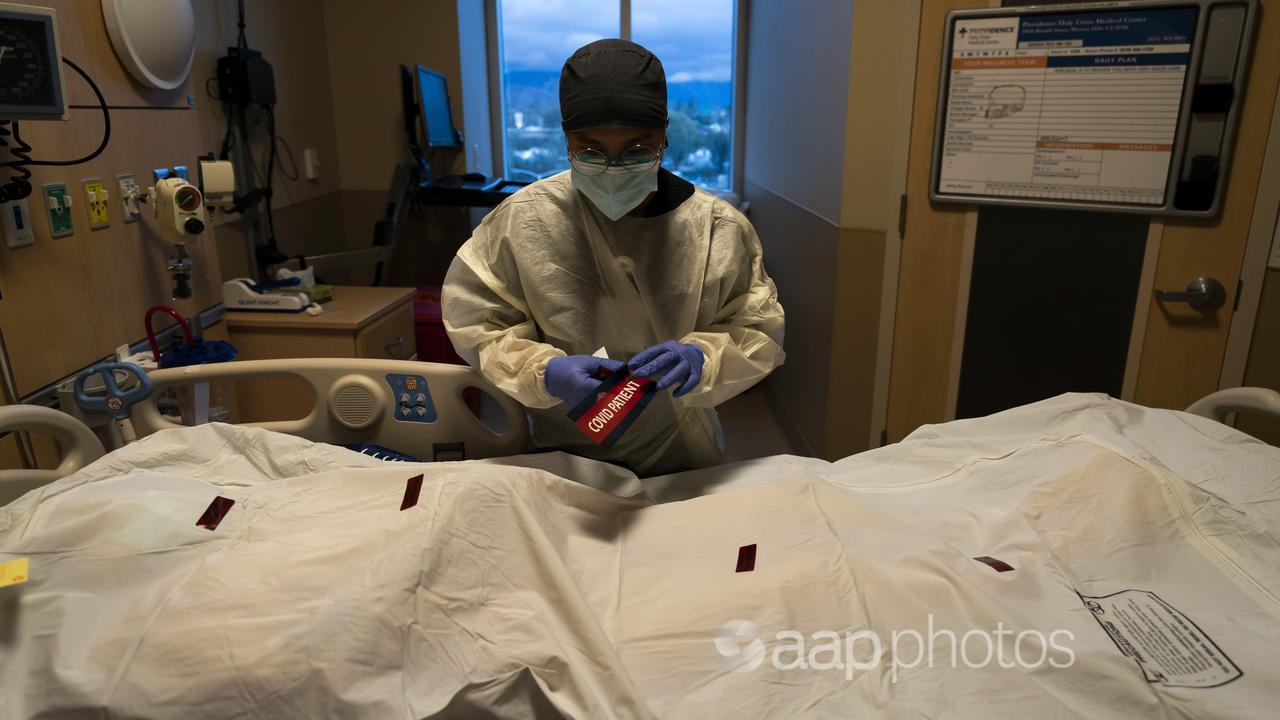A trans woman’s fight in a landmark rights case has sparked a courtroom debate on what it means to be a woman.
Giggle for Girls founder Sall Grover has defended her actions in blocking Roxanne Tickle from the female-only platform.
Ms Tickle is suing the app on the grounds of gender-identity discrimination after having her access restricted in September 2021.
The Federal Court heard Ms Grover refused to acknowledge the ex-user’s gender identity, despite a birth certificate listing her as female.
Ms Tickle’s lawyer Georgina Costello has argued Ms Grover’s denial of her client’s identity, by repeatedly referring to her as a man, bordered on gender discrimination.
But Ms Grover on Wednesday defended her statements, saying it was unkind “to expect a woman to see a man as a woman”.
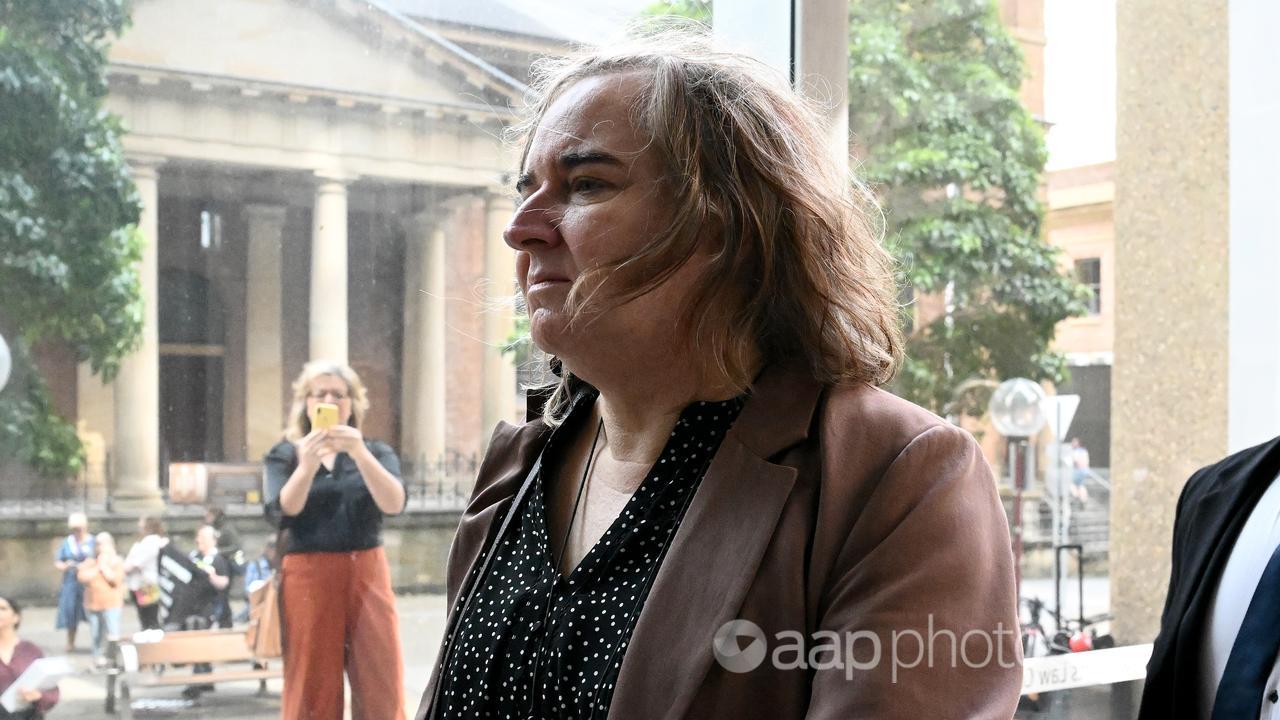
Counsel for the Sex Discrimination Commissioner, Zelie Heger, noted Ms Grover’s idea of gender identity stemmed from a biological concept that gender “cannot change over time”.
On that basis a person’s gender is defined by whether you produce eggs or sperm and not by anything else, she told the court.
“In my definition, sex is not a binary concept and it is not exclusively a biological concept,” Ms Heger said.
It is sufficient enough for a person to undergo sex-affirming surgery and have their identity recognised and registered by the law to claim a gender, she told the court.
Someone may not necessarily have to go through surgery in order to be identified as the gender they prefer, she added.
The commissioner is providing submissions about the scope of the Sex Discrimination Act but not whether Ms Tickle was discriminated against.
The court previously heard Ms Tickle had lived as a woman since 2017, including having surgery, taking hormones and telling family and friends of her decision.
“Up until this instance, everybody has treated me as a woman,” she said.
The app uses gender detection software to examine a selfie uploaded by the user and rejects applicants deemed to be male.
Ms Tickle was initially admitted but later excluded when a human moderator assessed her photo.
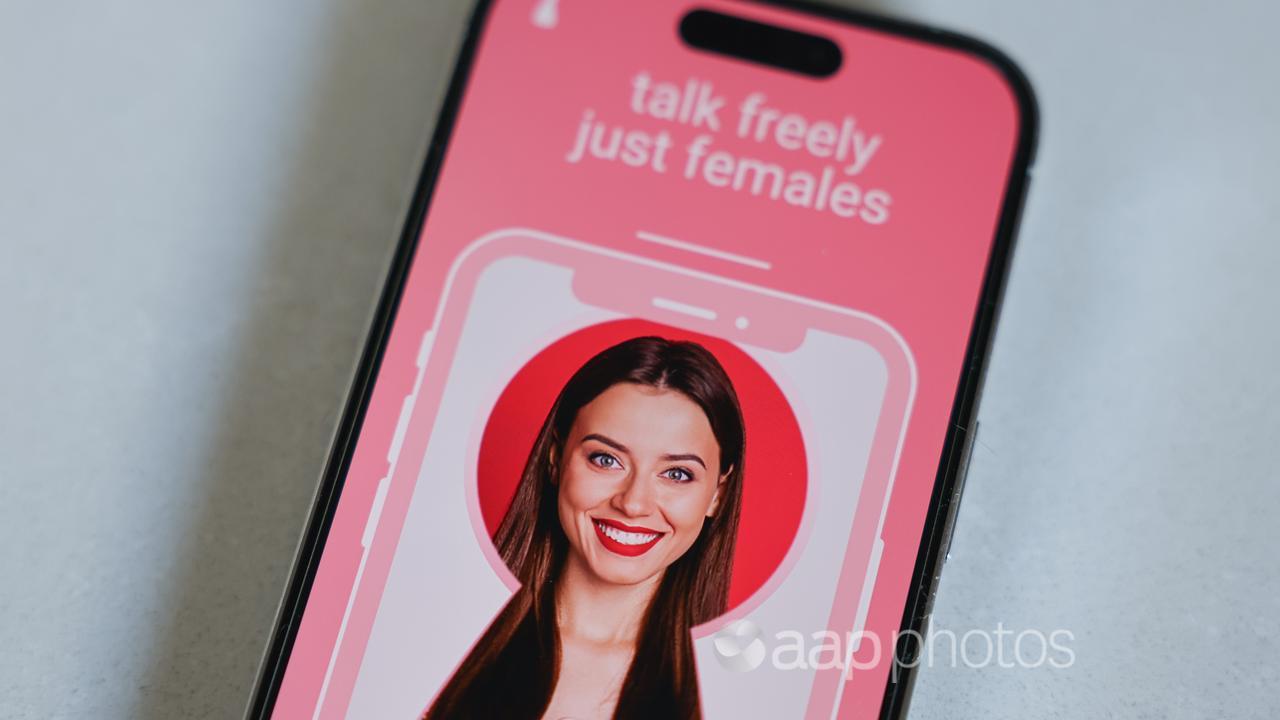
Since the case was launched, Ms Grover’s company has received crowdfunding from the sale of “Team Giggle” merchandise on an Etsy storefront.
One of the items displayed is a scented candle labelled “Sweaty Balls Team Giggle” that bears a cartoon image of Ms Tickle.
Ms Grover giggled when she saw pictures of the merchandise in court, a reaction Ms Tickle’s lawyer Georgina Costello criticised due to the “deeply offensive” and “demeaning” content.
The Giggle for Girls chief executive said Ms Tickle might feel upset, but what could be considered offensive was a subjective issue.
The merchandise was produced by a supporter initially unknown to Ms Grover, but who had since become a close friend.
“I’ve only ever gone on there once to buy the T-shirt – one for myself and one for my daughter,” she said.
Mugs and T-shirts displayed on the site bear the words “Team Giggle”.
Ms Tickle sent eight emails between October 4 and November 5 after being blocked from the platform, while Ms Grover responded once.
In that reply, the Giggle founder requested that the blocked user send her phone number so that she could personally investigate what happened.
Ms Costello said Ms Grover had created an “unfair characterisation” of Ms Tickle when she labelled her emails and phone calls a form of harassment in interviews with UK and Australian media outlets.
But Ms Grover said no other app user had ever called her and she had not previously received emails of a similar nature.
It is the first time the Federal Court has heard a case alleging gender identity discrimination.
The hearing continues.
Lifeline 13 11 14
Fullstop Australia 1800 385 578

